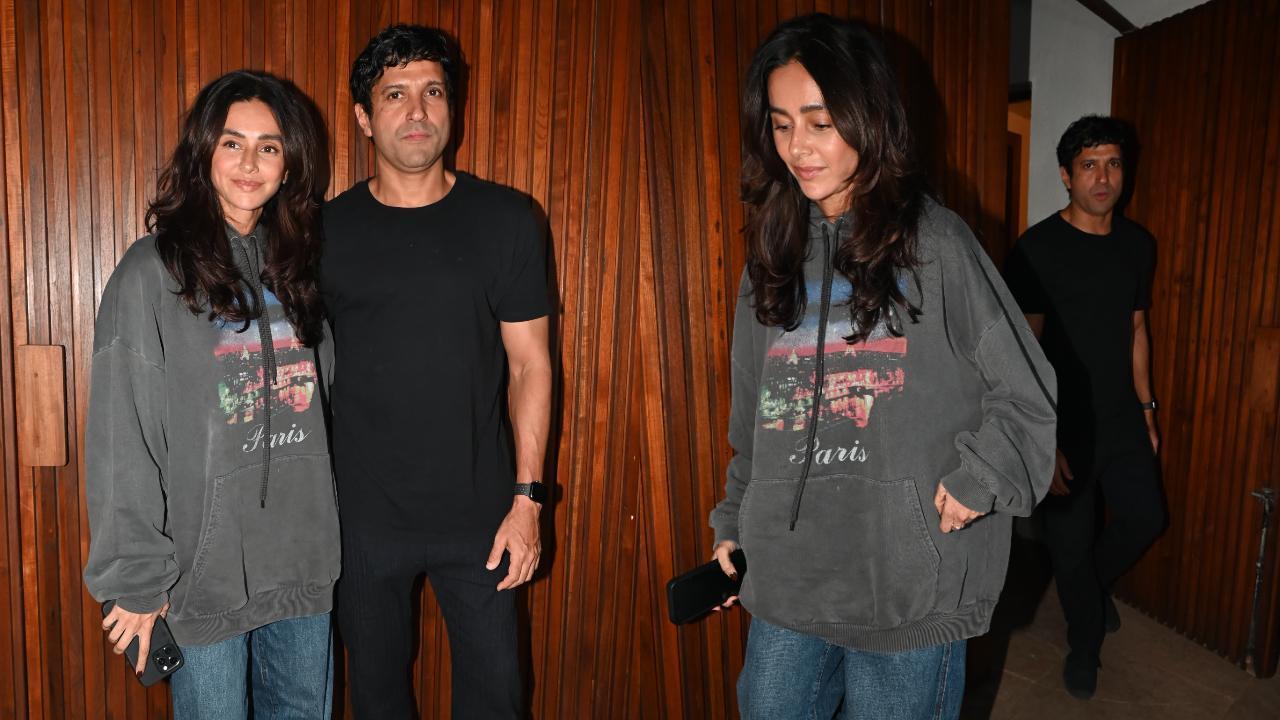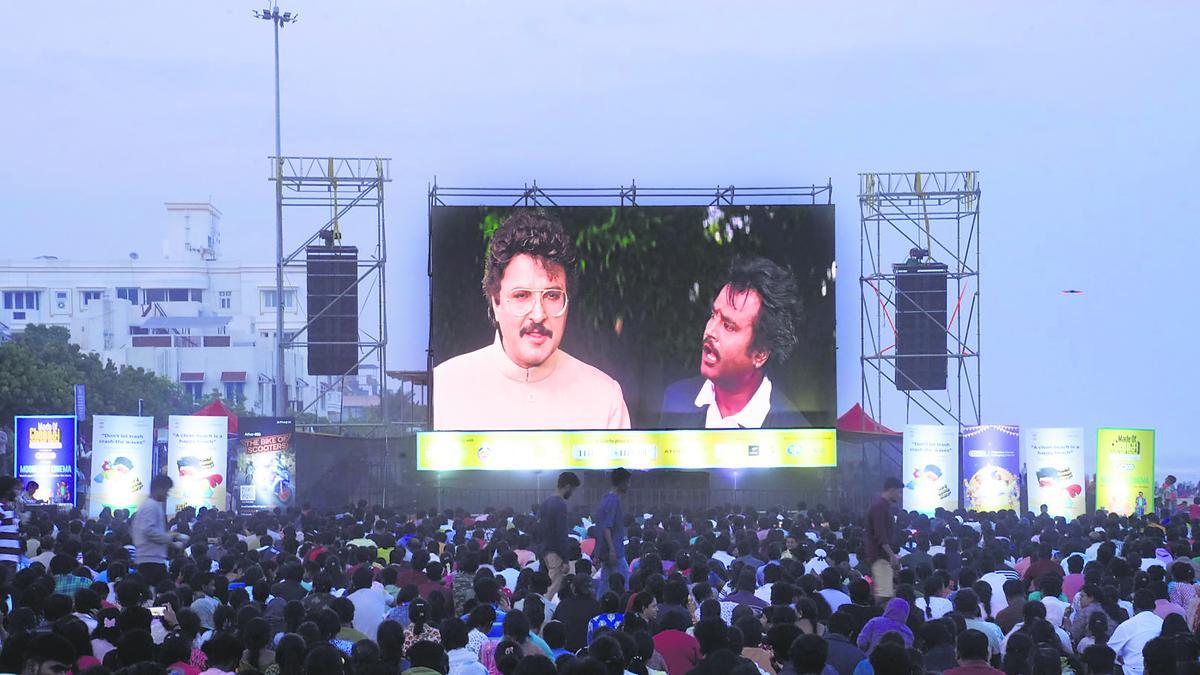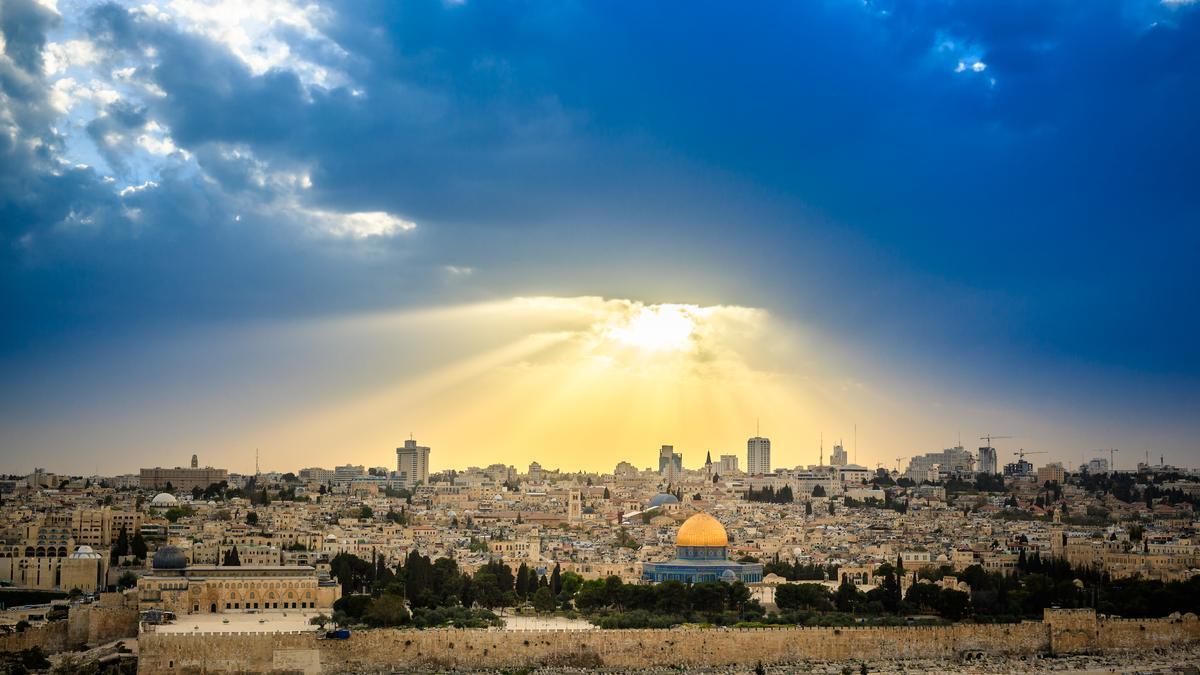
In the hustle and bustle of Mumbai, a city that never sleeps, everyone has a story of struggle and resilience. One such tale is that of Rohit Shetty, an ace director and filmmaker, who recently shed light on his journey from hardship to stardom. Known for his larger-than-life films and blockbuster hits, Shetty candidly recalled the days of his youth, when he would catch the 5:45 am Mumbai local train to school, starting his day before the city even woke up.
The untimely death of his father left his family in a financial crunch, draining his mother’s savings and forcing a move to his grandmother’s place in Dahisar. But the challenges didn’t diminish his spirit. “I never felt why this is happening to me. We always fought and worked hard,” said Shetty. He attributes his street smarts and tenacity to the city that taught him the true meaning of hard work.
Rohit Shetty’s story is a testament to the notion that to thrive in Mumbai, one must become one with its rhythm and pulse. And that’s exactly what he wants for his son, who aspires to enter the world of acting. Emphasizing the importance of understanding the environment and having a firm grip on the Hindi language, he underscored the indispensable experience of mingling with locals and absorbing the essence of Mumbai.
Shetty considers the metropolis more than a backdrop for his success—it’s home. “One thing that has not changed is Mumbai’s people is the spirit,” he expressed with a sense of pride and fondness. The director equates landing in Mumbai with a surge of energy and an irresistible pull towards productivity, encapsulating the progressive drive that propels the city forward.
Despite his success, Shetty’s reflections went beyond personal achievements as he spoke with a grounded empathy about Mumbai’s general public—the everyday people who toil endlessly. From housewives hailing from the lower middle class to elderly autorickshaw drivers, the filmmaker illustrated how observation serves as a critical tool in understanding the diverse and persistent endeavors of the city’s inhabitants.
“I think about those people because I come from there,” he stated, pointing out the discomfort he feels when he ventures too far from his roots, hinting at a certain alienation from the higher echelons of society despite his fame and wealth.
In his conversation with television personalities Bharti Singh and Haarsh Limbachiyaa, Shetty didn’t just reminisce about the past; he also shed light on the present and imparted his views on the future, especially concerning his son’s ambitions. Through the lens of his own life experiences, he shared invaluable insights into the fundamental qualities required to carve out a niche in the competitive world of acting.
Shetty’s compelling narrative is not just about the struggles of a young boy in a big city; it’s about the unyielding spirit of Mumbai that molds and shapes its inhabitants. It’s a story that reminds us that while circumstances might dictate one’s starting point, they don’t have to define the journey or the destination.
As Rohit Shetty continues to shape India’s cinematic landscape, his early morning journeys on the Mumbai local stand as a powerful preamble to his story—one of determination, hard work, and an unyielding devotion to his city and craft. His perspective offers more than a glimpse into the life of a successful filmmaker; it reveals the heartbeat of the ‘City of Dreams’ that pulses within him, driving his ever-compelling quest to create, inspire, and give back to the city that gave him so much.










